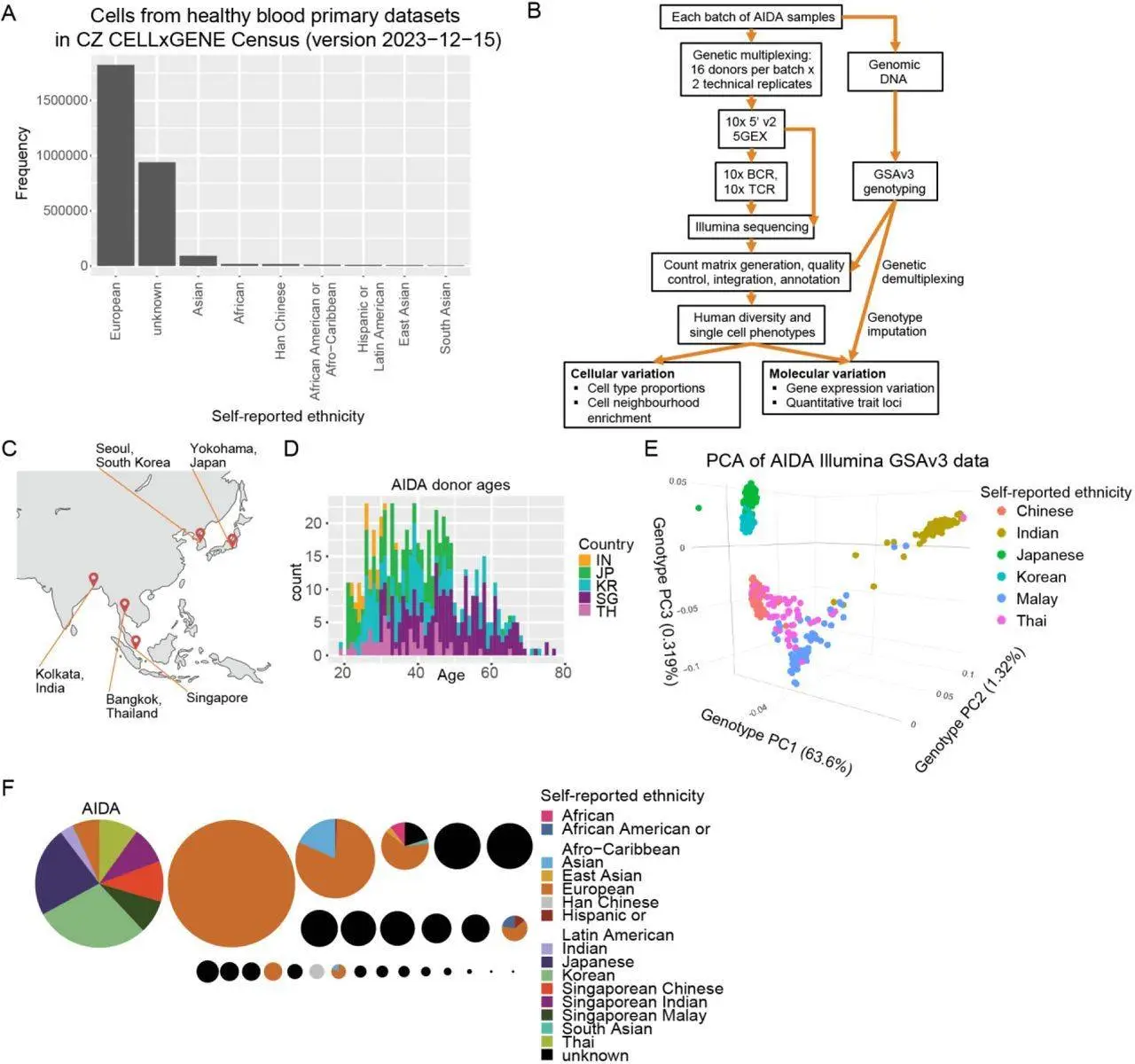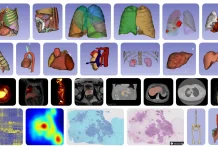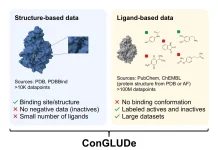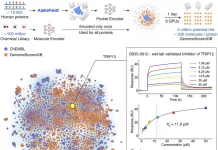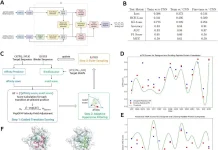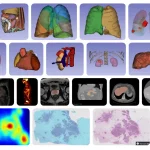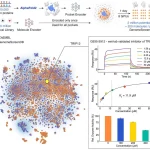A recent study led by researchers from A*STAR explores the interplay between race and the function of the cell. Researchers used healthy blood samples obtained from more than 600 donors across seven population groups in five Asian countries to create the world’s giant scRNA-seq reference atlas called the Asian Immune Diversity Atlas (AIDA). This variety is essential since most genetic studies are focused on individuals with European ancestry.
Our immune system is a splendid cellular ballet that guards us against regular invasions. But have you ever wondered that this same immune system can vary depending on where you come from? Researchers gave a detailed look into single-cell RNA sequencing (scRNA-seq). Just think about being able to analyze every soldier within your army’s immune system instead of just the whole battalion. This method allows researchers to reveal each individual’s gene expression profile for their immunity.
Ethnicity’s Effect on Immune Cells
The most surprising thing the research found was how ethnic background affects different features of immune cells. The effect of ethnicity seemed to be significant as it compared with gender and far more than factors such as age, body mass index (BMI), or others just like these. Several influences were observed:
- Cell type ratios: Ethnic groups had varying proportions of immune cell types such as T-cells and B-cells.
- Cellular activities: The levels of activity in some populations of cells depended on the racial background of the donor.
- Gene expression: Ethnicity determines which genes immune cells express, and this may influence their function.
These observations are directed at a unique ethnic fingerprint on our immune system wherein we can react differently towards infections and diseases.
Genes, Variants, and Disease Risk
Our DNA contains variations called single nucleotide polymorphisms (SNPs). These differences can affect gene expression and could make one vulnerable to a particular disease. The study was about how SNPs interacted with ethnicity in immune cell function. This is what they found out:
Population-specific variants: They identified genetic variants associated with diseases that were more common in certain ethnicities. Hence, the need to include diverse populations in genetic studies ensures all genetic determinants of health are captured.
Connecting the dots: In some cases, one genetic variant was also found to be connected to both gene expression in a specific immune cell type and an immune disease. This might mean that these changes may affect the behavior of the individual immune cells within these populations; other genes involved might as well control disease susceptibility.
Personalized medicine implications
In understanding the interplay between ethnicity, genetics, and immune cell functioning, there are significant personalized medicine implications. Here’s why:
More precise diagnoses: Healthcare providers can make more accurate diagnoses of immunological conditions by taking into account ethnicity in addition to other factors.
Custom-made treatments: Understanding how ethnicity affects immune response can lead to the development of targeted therapies that will work better for specific populations.
More enhanced reference data: In future investigations on immune cell function, the AIDA atlas stands as an invaluable resource. By merging data obtained from various populations, researchers could develop more complete reference points for comparisons.
A Call for Broader Inclusion Besides Ethnicity
The AIDA consortium’s research represents an important move towards understanding how ethnicity relates to the immune system. Nevertheless, its limitations are worth mentioning. Here are some of the points that should be noted:
Focus on Asia: The study was predominantly dedicated to the Asian population. Additional research is needed to examine ethnic and immunological relations in all ethnicities globally.
Environmental factors: Although ethnicity seems likely to be a mix of genetic and environmental influences, environmental aspects have not been explored in this study. More future studies should investigate how the environment interacts with ethnicity and genetics, thereby affecting immune cell function.
Looking Ahead: A More Inclusive Future for Immunology
AIDA research will enable the future where ethnicity is a major determinant in understanding immune function and disease susceptibility. By incorporating diversity in the design of research and analysis of data, we can achieve a more inclusive and efficient method of dealing with immunology. As such, it will assist individuals and enable healthcare professionals to give precise diagnoses and targeted treatments for everyone.
This study is one step closer to personalized medicine that ensures that patients get the most effective care possible based on their unique genetic fingerprints as well as their backgrounds. To unlock all aspects of personalized healthcare, when we delve deeper into this intricate world called the immune system, studying how ethnicity influences its functions will be essential.
Join the conversation
This blog post explained the fascinating connection between ethnicity and the functions of immune cells. We demystified how ethnicity engraves a distinct imprint on our immune system, which could change our response to infections and diseases.
Let’s go deeper! Share your thoughts and questions in the comments below:
Have you ever thought about how your background impacts your health? Tell us what you think, ask us anything, or tell us about yourself!
Article Source: Reference Paper
Important Note: bioRxiv releases preprints that have not yet undergone peer review. As a result, it is important to note that these papers should not be considered conclusive evidence, nor should they be used to direct clinical practice or influence health-related behavior. It is also important to understand that the information presented in these papers is not yet considered established or confirmed.
Follow Us!
Learn More:
Anchal is a consulting scientific writing intern at CBIRT with a passion for bioinformatics and its miracles. She is pursuing an MTech in Bioinformatics from Delhi Technological University, Delhi. Through engaging prose, she invites readers to explore the captivating world of bioinformatics, showcasing its groundbreaking contributions to understanding the mysteries of life. Besides science, she enjoys reading and painting.

